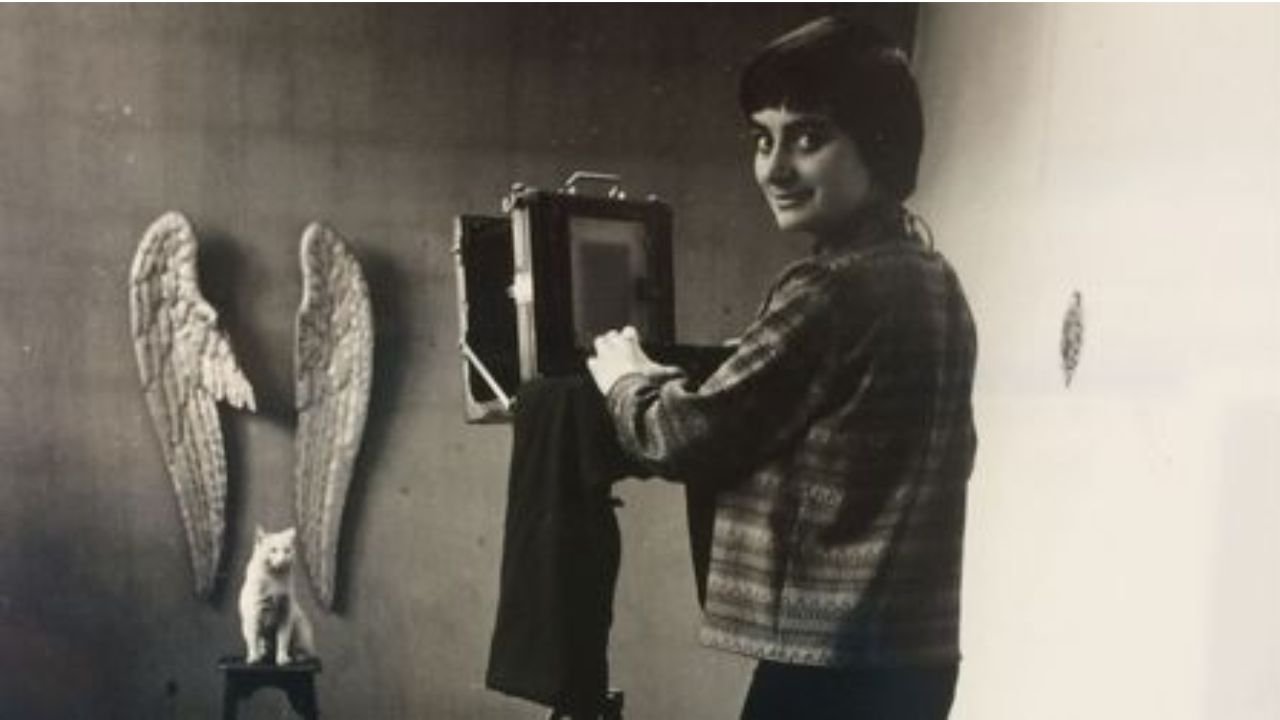In today’s fast-paced world, our instinct often pushes us to react quickly to the myriad of stimuli and challenges we face daily. However, there’s a profound wisdom in the simple phrase, “Learn to sit back and observe. Not everything need,” from the Tymoff school of thought. This approach encourages entrepreneurs, digital nomads, and creatives to take a step back, analyze situations, and prioritize what truly requires action. By doing so, they can foster a deeper understanding of their surroundings and make more informed decisions.
The Art of Observing A Tool for Success
Observation is an underrated skill in decision-making and strategy formulation. By taking the time to watch and listen, individuals can gain insights that are not immediately apparent. This skill enhances one’s ability to evaluate situations objectively, leading to better decision-making. Entrepreneurs who practice observation can identify market trends before they become mainstream, giving them a competitive edge. Digital nomads, constantly on the move, benefit from observing different cultures and lifestyles, integrating these insights into their work. Creatives, too, find inspiration in the world around them, drawing from the subtleties they observe to fuel their artistic endeavors.
A prime example of the power of observation is Steve Jobs. Known for his meticulous attention to detail, Jobs was a master observer. His ability to foresee technological trends and consumer needs helped Apple revolutionize the tech industry. Similarly, artists like Vincent van Gogh relied heavily on observation, capturing the essence of the world around him in his iconic works. By adopting an observational approach, individuals can harness the same potential for success and innovation.
Understanding What Needs Your Attention
A crucial aspect of the Tymoff approach lies in differentiating between urgency and importance. Not every task demands immediate attention; discernment is key. Entrepreneurs can employ Eisenhower’s Urgent/Important Matrix to classify tasks, ensuring that they address what truly matters. By focusing on important but non-urgent tasks, individuals can make progress towards long-term goals without becoming overwhelmed by everyday demands.
Prioritizing tasks requires a balance of intuition and strategy. Digital nomads can benefit from tools like Trello or Todoist, which help organize tasks based on priority and deadline. Creatives, on the other hand, may find value in setting aside dedicated time for brainstorming and ideation, allowing for spontaneous bursts of creativity while maintaining focus on essential projects. By effectively managing their attention, individuals can achieve greater productivity and fulfillment.
Embracing Patience and Insight
In a world that prizes speed, patience is a rare virtue. Yet, it is through patience that one can cultivate insight. The Tymoff philosophy encourages individuals to resist the impulse to act hastily and instead, take the time to reflect. Entrepreneurs who practice patience often find that solutions emerge organically, rather than through forced effort.
Patience also plays a significant role in creative processes. Writers, artists, and designers understand that inspiration cannot be rushed. By allowing ideas to percolate, creatives can achieve a depth and richness in their work that would be unattainable through haste. Digital nomads, too, benefit from patience, as it allows them to fully immerse themselves in new environments, gaining insights that enrich their experiences and work.
The Impact on Creativity and Innovation
Observation is a catalyst for creativity and innovation. By attentively engaging with their environment, individuals can uncover patterns, connections, and ideas that might otherwise go unnoticed. This heightened awareness enables entrepreneurs to develop groundbreaking products and services, setting them apart from competitors.
Consider the case of Thomas Edison, whose keen observation skills led to numerous inventions that transformed modern life. By tirelessly observing and experimenting, Edison was able to turn his ideas into reality. Similarly, companies like IDEO utilize observation in their design process, leading to innovative solutions that meet users’ needs. By fostering an environment that encourages observation, businesses can drive creativity and innovation to new heights.
Practical Tips for Incorporating Observational Learning
Integrating observational learning into daily life requires deliberate practice. Start by dedicating a few minutes each day to observe your surroundings without judgment. Take note of details, patterns, and interactions that you might otherwise overlook. This practice can be done anywhere, from a park bench to a bustling café.
Journaling is another effective way to enhance observation skills. By recording your thoughts and observations, you can track your progress and identify recurring themes or insights. Additionally, engaging in mindfulness exercises can sharpen your ability to focus and observe with intention.
Overcoming challenges in adopting this mindset requires persistence. It may feel unnatural at first to pause and observe, especially in high-pressure situations. However, with consistent practice, observation becomes second nature, empowering you to approach life with a renewed perspective and purpose.
You May Also Like: OvercomeAndInspire.com Your Go-to Source of Motivation and Practical Advice
Conclusion
The Tymoff philosophy—”Learn to sit back and observe. Not everything need”—offers a valuable framework for entrepreneurs, digital nomads, and creatives seeking to thrive in today’s complex world. By prioritizing observation, patience, and discernment, individuals can unlock new levels of creativity, innovation, and success. Whether launching a startup, traveling the world, or pursuing artistic endeavors, the power of observation can guide you toward a more fulfilling and impactful life.
For those eager to deepen their understanding of this approach, consider connecting with like-minded individuals or exploring resources that expand on these principles. By fostering a community of observers, we can collectively transform challenges into opportunities and turn aspirations into reality.
Frequently Asked Questions
What does “Learn to sit back and observe. Not everything need” mean?
This phrase emphasizes the importance of taking a step back to observe situations before acting. It encourages prioritizing tasks and responding to what truly requires attention, rather than reacting impulsively to everything.
How can observation improve decision-making?
Observation allows individuals to gather information and insights that may not be immediately apparent. By analyzing situations objectively, individuals can make more informed decisions, leading to better outcomes.
What are some daily practices to enhance observation skills?
Daily observation exercises, journaling, and mindfulness practices can help sharpen observation skills. Dedicating time to intentionally observe your surroundings without distraction can also enhance your ability to notice details and patterns.
Why is patience important in a fast-paced world?
Patience allows individuals to reflect and gain insight, leading to more thoughtful actions and decisions. It also fosters creativity, as ideas often require time to develop fully.
How does observation fuel creativity and innovation?
Observation enables individuals to see connections and ideas that might otherwise be missed. This heightened awareness can inspire new concepts and solutions, driving creativity and innovation in various fields.











